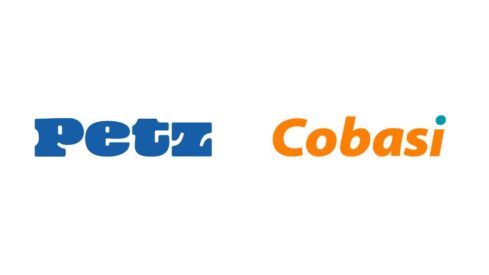Petz-Cobasi merger (II): the impact on the Brazilian pet retail landscape

Competitors and antitrust authorities are currently assessing the combined businesses’ market share before giving green light.
One of the most significant aspects of the Petz and Cobasi merger is the presence of the new conglomerate in the Brazilian pet retail market. According to the companies, the combined entity will have a network of 483 stores nationwide.
Last year, a study by JP Morgan showed that 22% of Petz stores are within a one-kilometer radius of at least one Cobasi store, while about 60% are within a three-kilometer radius of a rival’s store.
Market-wise, the main concern with prolonged negotiations is that the potential cannibalization between stores could eventually make the deal unfeasible.
Despite merging leadership, the companies operate in a highly fragmented market with significant room for market share gains and consolidation.
“We have always understood that our combined business model can provide more benefits to the consumer,” Petz CEO Sergio Zimerman tells GlobalPETS.
He adds that the competition, especially when opening physical stores close to each other, can result in duplicate investments.
However, Zimerman concludes, “The merger will allow us to make more rational investments at lower costs.”
What is the competition doing?
With this merger, Brazilian competitors are also expanding their market footprints.
Petlove, the third-largest Brazilian pet retailer, was previously digital-native. The company aims to develop its omnichannel model as it plans to open 20 new locations this year and hit the 100-store mark in 2025.
This is expected to have an impact on Petlove’s revenue. Last year, the company generated R$1.34 billion ($240M/€220M), but it aims to hit R$1.8 billion ($330M/€300M) this year.
“We know that the physical operation allows us to be close to our customers, creating touchpoints, promoting unique experiences and fostering brand recall – extremely relevant criteria within our business plan,” says the company’s CEO, Talita Lacerda.
The government has the last word
The Administrative Council for Economic Defense (CADE), Brazil’s competition regulator, will need to validate this merger.
Although the combined company’s national market share is not excessively large at 15%, there are significant overlaps in certain areas, especially in São Paulo, the largest state in the country, which might necessitate the sale of some stores.
Studies are still ongoing, but the expectation is that no severe remedies will be needed, particularly considering the growing importance of e-commerce and marketplaces in the sale of pet products. Nonetheless, CADE’s review is expected to take 6 to 9 months following standard procedures where significant overlaps are present.
Beginning of 2025
The merger can only be fully executed, with operational integration, after receiving approval from the antitrust body, which is likely to push it to the beginning of next year.
XP, one of Brazil’s leading financial market consulting firms, suggests that CADE may require closing or selling 11 stores to approve the transaction.
These stores are primarily located in São Paulo and its metropolitan area, representing about 2% of the combined company’s network.
